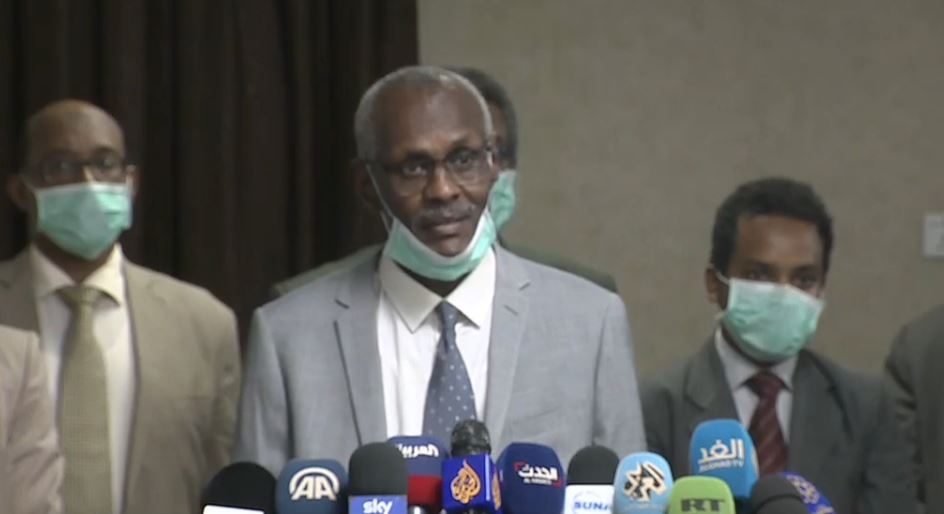Sudan, Ethiopia and Egypt failed to reach a preliminary draft agreement that brings together the visions of the three countries regarding filling and operating the Renaissance Dam, and Sudan declared that positions are divergent, and that the negotiation method is not feasible and should be changed.
In a press conference held today, Saturday, in Khartoum, Sudanese Irrigation Minister Yasser Abbas said, "There is a divergence in the negotiating positions between Egypt and Ethiopia, as they have deviated from their previous positions."
He added that Sudan is keen to negotiate the Renaissance Dam, but the method of negotiation that took place is useless, considering that it could proceed in a more meaningful way than the current method.
Abbas stressed that his country will not withdraw from the Renaissance Dam negotiations, and when asked about the possibility of demanding the withdrawal of the file from the African Union, he refused to say that the Union’s path had failed, calling for the African Union experts to be given a greater role, and to contribute to the merging of the draft agreement.
The Sudanese Minister of Irrigation suggested raising the negotiations to the level of heads of state, and granting observers from the United States, the European Union and the World Bank a greater role to become mediators under the umbrella of the African Union.
Yesterday, the three countries concluded a new round of negotiations on the Renaissance Dam without agreeing on a draft agreement that is supposed to be submitted to the Presidency of the African Union. According to a statement by the Egyptian Ministry of Irrigation, the three countries decided to send each country a separate letter to the Presidency of the African Union.
A State Department official said that it is still possible to reach a balanced and fair agreement that takes into account the interests of the three countries, stressing that Washington wants to see a commitment from everyone to do so.
Egypt and Sudan stress the need to reach a binding agreement that guarantees the rights and interests of the three countries in accordance with the Declaration of Principles Agreement signed in 2015 and the principles of international law, while Ethiopia rejects this, given that the dam, which began construction in 2011, belongs to it.

